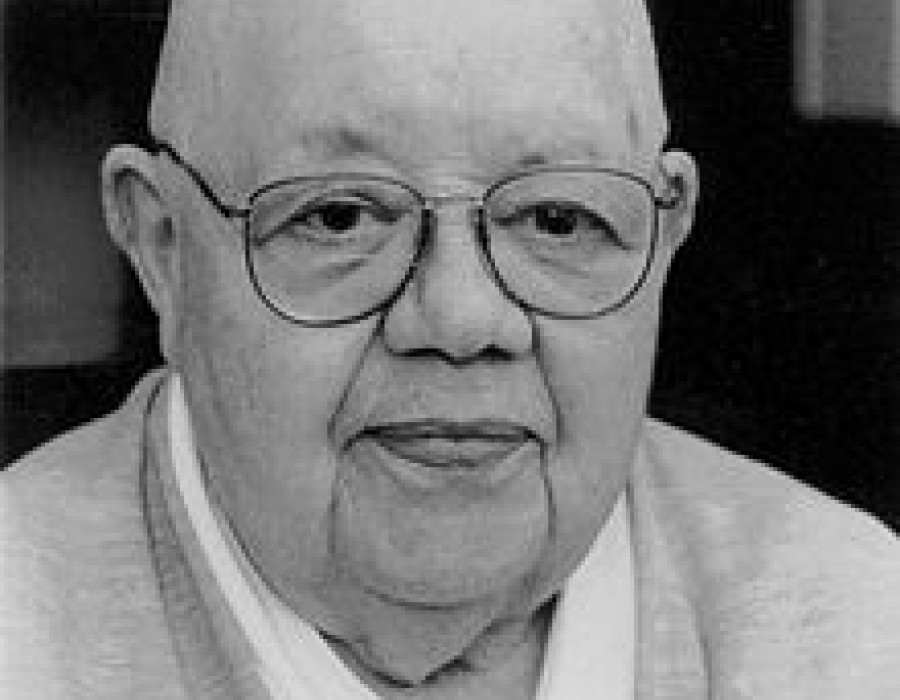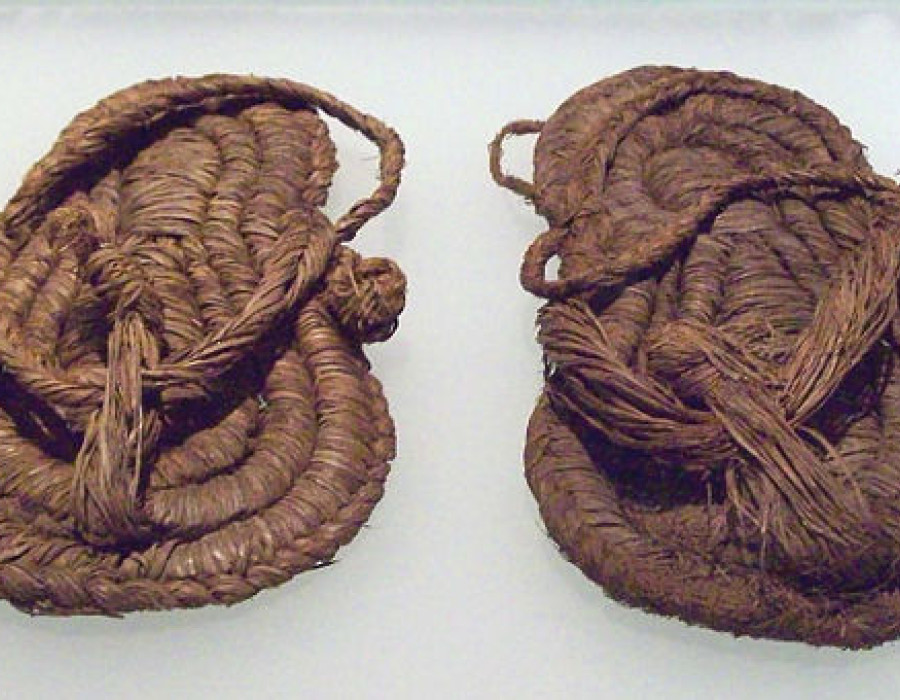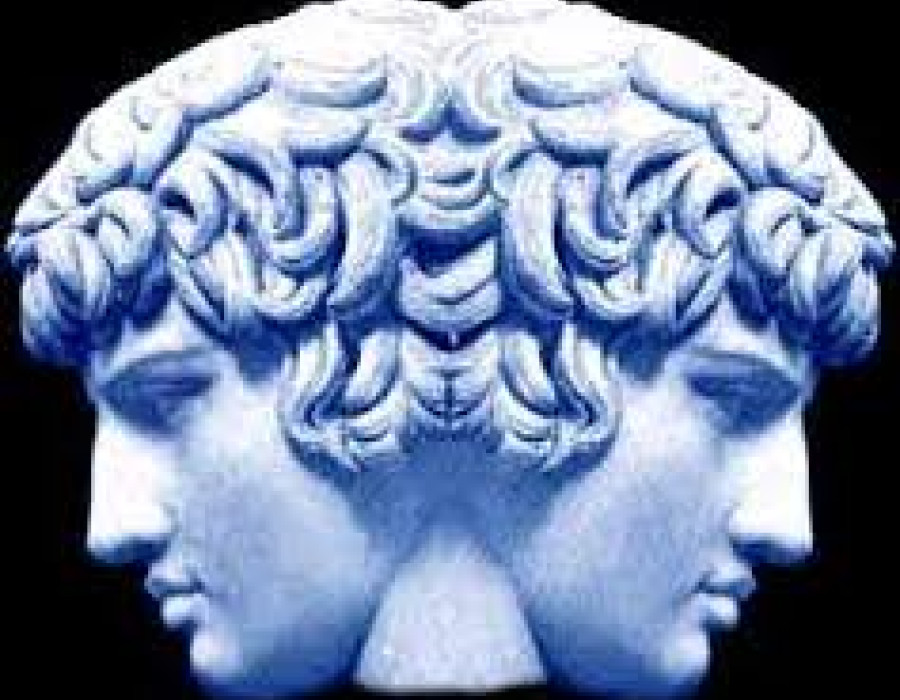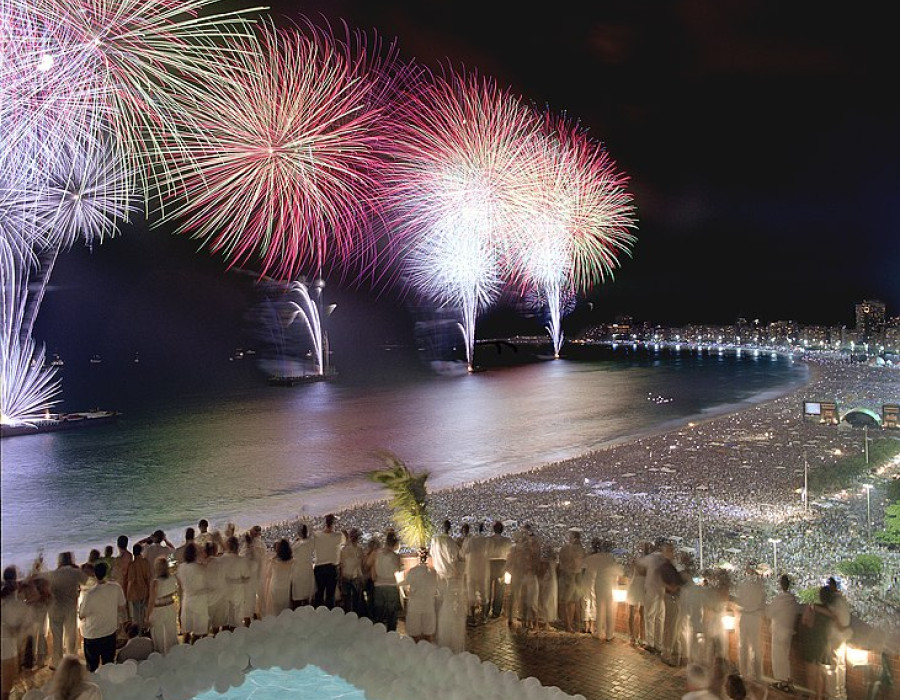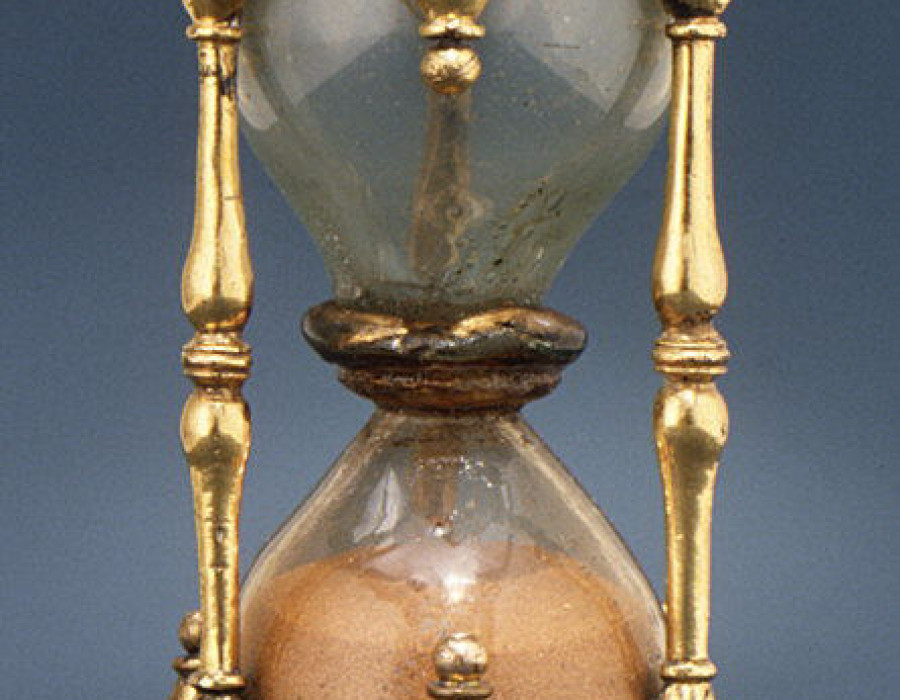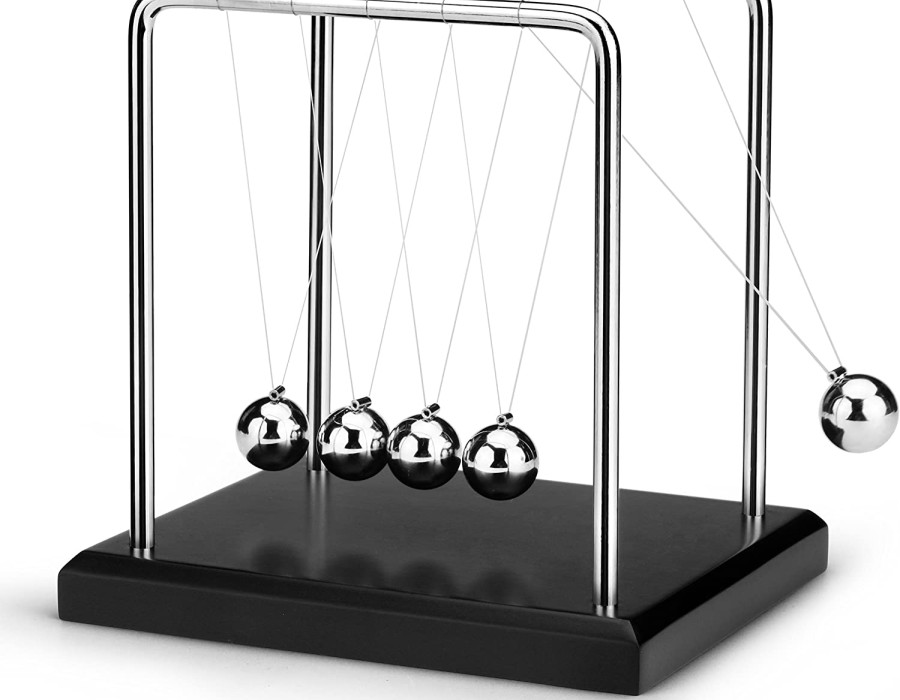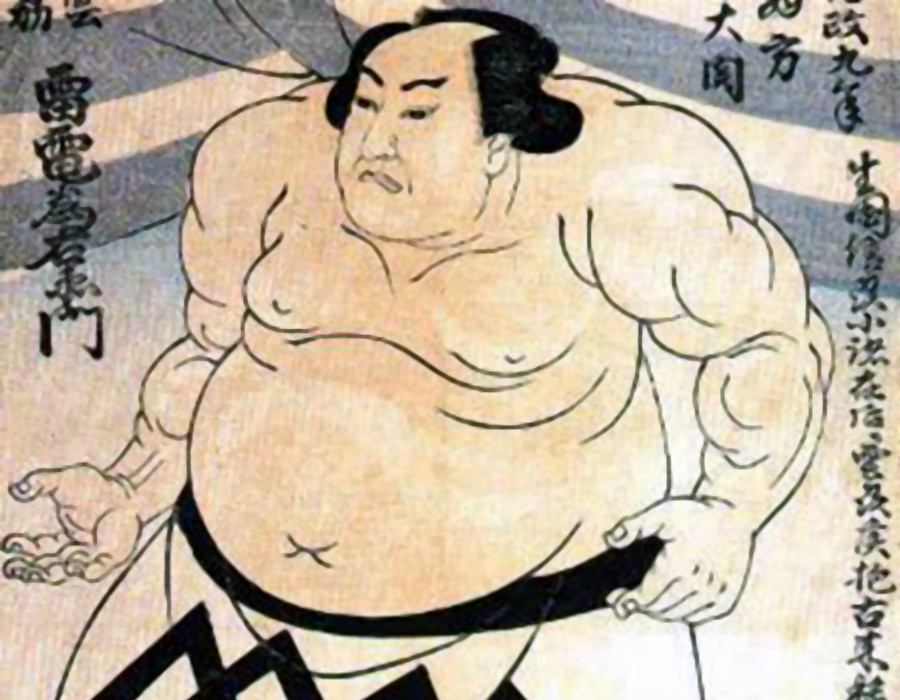
Martin Goodson
The Zen Gateway Christmas Essay 2020
Resilience in Uncertain Times
Our difficult year is almost over but the uncertainty isn't. How can the Buddha's teachings fortify us to meet the challenges ahead?

Janus
It has been quite a year for us all! What is more I cannot think of another year where a single event has left barely one country in this world untouched.
There is a reflective exercise that can be done either solo or with family and friends. Write a letter to yourself, the person you were in December 2019. The rules of the game forbid you to give any details of what is to transpire (no inside investment information such as buying shares in Zoom). The letter should consist of advice you would give for navigating 2020 - in other words what have you learned? What has been important to you and kept you going through the ups and downs of the last 12 months?
As we approach, once more, the Winter solstice, the darkest part of the year before the light turns and increases again, the image that comes up for me is that of the old Roman God Janus. There is a convention that this deity with two faces gave his name to the first month of our year. He was a deity of doorways, thresholds, passages (of time and place) and new beginnings. One face looks back but the other looks forward.
Part of my duties for the Zen temple to which I’m affiliated is to engage in monthly correspondence with Zen practitioners who live too far away to come for the regular classes. A benefit for me is to be able to take the temperature, so to speak, of a general group of people in the country to see what are the sort of things that are the current pre-occupation, what is the ‘sign of the times’ at this time. During the first lockdown, the letters for the end of March saw nearly all correspondents taking a very positive attitude towards the necessity and the restrictions that it imposed. This attitude, by and large, remained intact for the duration of the lockdown and many talked about the re-discovery of enjoying the simple pleasures of taking a walk, feeling closer with members of the household, being able to sort out the home and garden etc. By contrast, having just completed the letters that arrived since the end of the second lockdown - and hearing rumours that there may yet be further restrictions next year - the attitude has markedly changed. There is now a more visible fear of the future apparent. Uncertainty and insecurity are taking their toll on people’s minds. Personally, I already know people who have lost their jobs and others who live in fear of losing theirs. I also know younger people who are wondering what sort of world they are going to inherit and who are already beginning to grieve for dreams and ambitions that seem increasingly unsure. Never has a year been so clearly marked by light and dark in such a collective fashion as this one.
So, looking ahead into 2021, what can we take with us into this unknown?
‘Suffering I teach, and the way out of suffering.’ said the Buddha and this is the core of all schools of Buddhism, so how can the teachings help and prepare us for what lies ahead as well as fortify us in the present?
In my own experience, I have always been struck by how one or other aspect of the teachings just seems to come into view as and when necessary. As my late teacher used to muse “The Dharma is incredible like that!” Sitting down to compose this essay, into my inbox came an article, which will be featured on The Zen Gateway shortly, which had the following saying from the great sage Shantideva:
‘Where could I find enough leather to cover the whole earth? But by the leather of one pair of sandals the earth will be covered.”
It reminded me again of something my late teacher used to say in contrasting how Buddhism sees our human condition and how we generally approach problems and the difficulty we have in making a transition and having faith in this difference.
She would say that we can imagine a man in a cold room, shivering. Our general approach would be to go and invent central heating to warm the room- that is the solution to my problem. However, the Buddha’s approach is equivalent to instead asking the man to investigate ‘Who is it that is feeling the cold and consequently suffers?’
Her point was not to say that one is right and the other wrong, but to contrast these two ways of seeing a problem. It is the same contrast given by Shantideva. We can try to change the world or we can attend to the place where our own feet stand and by doing so utilise the inner strength that the teachings say are the birthright of all sentient beings.
“The treasures (heirlooms) of the house do not come in through the front gate.”
So said Master Mumon, referring to the great gifts of wisdom, strength and warmth of the Buddha-Heart. It is precisely the re-discovery and faith in this Heart to which the whole of the Zen training (and Buddhism in general), is geared. As Sokei-an pointed out, in Buddhism this is our God ; it is the spiritual power on which we can depend and when we feel we are cut off from it, then we suffer. This is why the Buddha’s attitude seems so odd to us, so that we cannot quite bring ourselves to believe it to be true… and yet, underneath our rational doubt, if we truly search our heart, do we not know this to be true? We may not understand how we can know this, but somehow we do. Maybe we dismiss this ‘knowing’ as irrational; - it is - but to be quite clear, this irrational, or perhaps more kindly intuitive knowing, is allowed in Zen. It is a knowing that does not belong to ‘me’, I cannot control it, nor can I observe it working, manage or plan for it. It just comes and we know. I am of the opinion that this is why we enjoy walks in nature because somehow there is this same knowing when we reflect upon the natural world. We see the incredible web of life and we intuit something, a presence, and simultaneously bear witness to it in the deepest recesses of our own heart - and we yearn to know it.
One day, Obaku called Rinzai and gave him an errand. There was a Zen teacher nearby of whom Obaku had some doubts. He asked Rinzai to go visit him. As Rinzai turned to leave Obaku said: “What will you say to him?” Rinzai replied: “The means will become available.”
This story struck me because it shows Rinzai’s firm faith in his own heart to respond when the time is right. It echoes the advice given by the great Japanese Master Bankei when an old man came to him asking if he could teach him the special confidence necessary to face death. Bankei responded that no special confidence is necessary. When the time comes it is enough simply to die. At first, I thought this quite a callous thing to say to an old man who genuinely was fearful of his death. But on reflection, Bankei is actually being compassionate. What I think he is saying is: “Look, you came into the world and you were too young to manage the operation, but that didn’t matter because there is something there to bring it about. This same ‘something’ has been with you every step of the way and will be with you at the moment of your death. Right now, you are not there yet and so you cannot see it but when the time comes, it will be there.”
Yes, I think Master Bankei says it much better too!
The Buddha is more explicit in the Mahaparinirvana sutra when, upon his awakening, he says: “How wonderful, how miraculous, all beings but all being are fully and completely endowed with the Wisdom and Power of the Tathagata (Buddha nature), but alas, because of their sticky attachments human beings are not aware of it.”
And because we are not aware of it; we seek it all over the place.
“In the midst of water, pitifully crying from thirst.” - Master Hakuin
So, this is why we are engaged in our training, not because this wonderful Buddha-Heart is not available - it is, and it always has been and continues until we draw our last breath. But we live in fear because we have forgotten it - and yet from time to time we have an inkling of it. This is what we desperately need to remember, to deepen our practice going forward into 2021. If we are to be the best we can be for ourselves and others then this is the medicine that the Buddha can give us. It is now up to us to take that medicine, swallow it down, fold the hands, bowing reverently and in gratitude “Strive on heedfully!”

